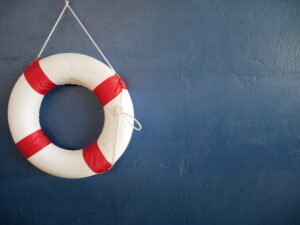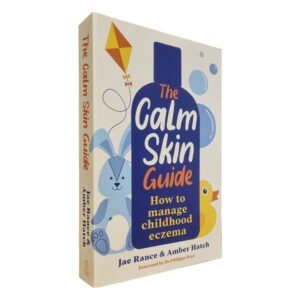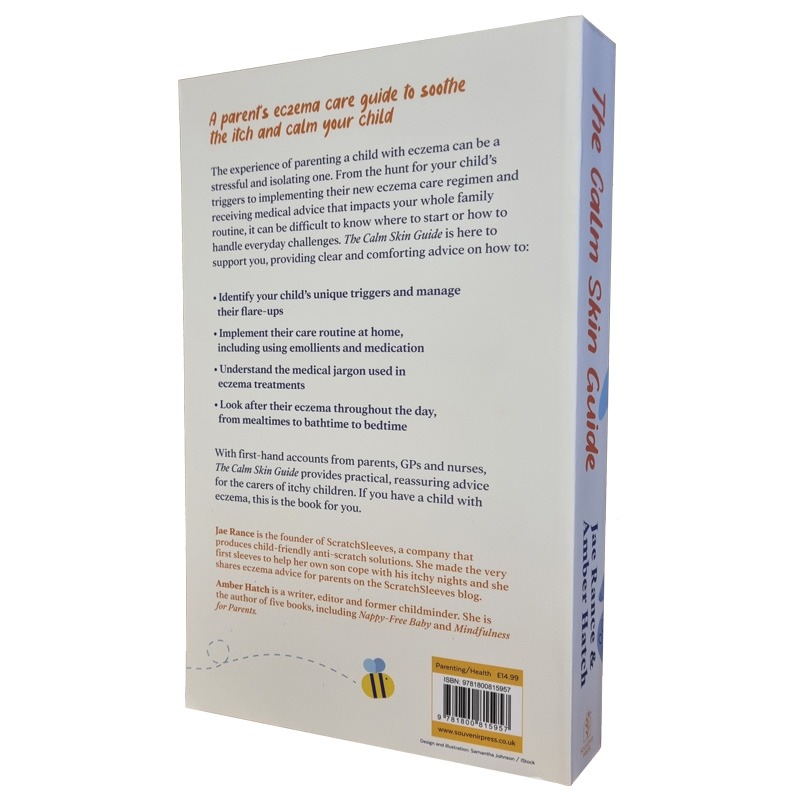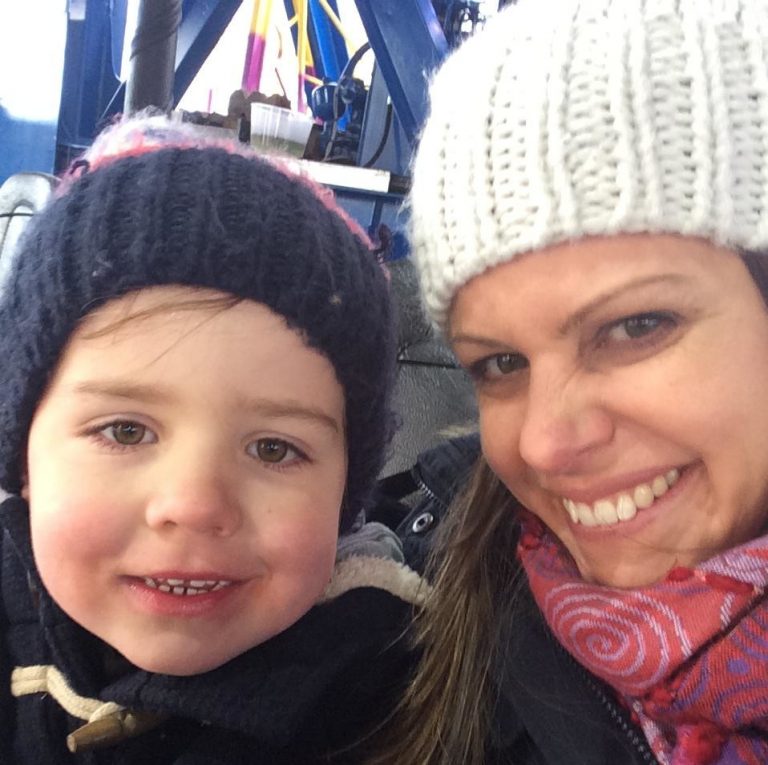Postnatal Depression in mums AND dads – How to spot it and what to do



What is Postnatal depression?
Postnatal depression (also referred to as postpartum depression or PND) is defined by the Oxford English Dictionary as Depression suffered by a mother following childbirth, typically arising from the combination of hormonal changes, psychological adjustment to motherhood, and fatigue. To put it bluntly, your body, mindset and entire world have just changed dramatically. And at the same time you are likely to be very sleep deprived. Even Wonder Woman would struggle with that combination.
It is estimated that between 10 and 15% of all new mothers suffer from postnatal depression. According to a survey of 2,318 new mothers undertaken by the charity 4Children approximately 58% of new mothers with PND did not seek medical help. This was often due to them not understanding the condition or fearing the consequences of reporting the problem.
Sadly, certain mental illnesses are not well understood by a large proportion of the population. Admitting that you are struggling in what is billed as one of the happiest times in your life can be incredibly hard to do. If you have experienced PND or are suffering with it at the moment you are not alone and you have nothing to be ashamed about. We break it down for you and have listed some valuable resources at the end if you just can’t face talking to your family, friends or GP. Most importantly, if you even suspect you have PND it is worth speaking to someone who can help. It’s better to be told what you feel is all part and parcel of new motherhood and everyone feels that way than to suffer in silence and fall deeper and deeper into a pit of despair.
Postnatal depression and childhood eczema
Recent research has established that there is a link between maternal PND and the occurrence of eczema in childhood and into adolescence. The mechanisms for this are still unclear. However, there is no doubting the fact that parenting a baby with eczema is stressful in and of itself. These two factors combine to mean that mothers of eczema babies are particularly vulnerable to PND. This makes it is all the more important for eczema parents to be aware of PND symptoms and available treatments.
Blue blues or postnatal depression?
It is important to remember that your body is going through some major changes after childbirth and the “baby blues” which can hit around the five-day mark are experienced by such a huge percentage of new mothers you have likely been warned to expect them. The baby blues typically pass within a few days. PND, on the other hand is persistent. There are a number of theories on what causes this early mood slump but hormones undoubtedly play a huge role.
When you are pregnant your estrogen and progesterone levels increase tenfold and post-delivery of the baby and the placenta these levels drop back to what they were before pregnancy in just three days. It takes a few days for the body to readjust to the new, post-pregnancy normal. This sudden shift in hormones can leave you feeling blue in itself without factoring in the psychological impact of new motherhood and the physical trauma your body has just been through.
PND often starts within one or two months of giving birth. However, about a third of women with PND have symptoms which started in pregnancy and continue after birth. Unlike the baby blues, the symptoms are persistent.
Blue blues – a personal perspective
For me, it hit bang on day five, like clockwork. I went from bouncing off the walls with happiness, loving the entire world and feeling like I’d finally found my reason for being on earth for the last 33 years to a sobbing wreck huddled on my stairs. It literally happened in the space of about half an hour and for those wretched 24 hours I was convinced I was going to be the worst mother in history, my husband would leave me, my friends and family would abandon me and even the cat would move out. This hormone crash was miserable but here is the important difference between this and PND – it didn’t last.
A few days later I was back to my old self again and the stairs incident was a small blip that only my husband, the cat and an unfortunate neighbour dropping by to congratulate us witnessed.
Postnatal Depression – what does it feel like?
For those who experience PND, there is a “checklist” of symptoms. If you are experiencing some or all of these you are advised to seek medical help.
Feeling helpless and hopeless
Feeling low, unhappy and tearful for much or all of the time, sometimes worse at certain times of the day. If you are sad more than any other feeling that’s a red flag.
Feeling irritable beyond normal tired annoyance
Getting excessively irritable or angry with your partner, baby or other children.
Extreme tiredness with a need for more sleep than is usual for you
It is an indisputable fact that all new mothers get tired. Depression, however, can make you feel utterly exhausted and lacking in energy and as though there is no point getting up and facing the day.
Insomnia
You are exhausted but you just can’t fall asleep. You may be consumed with worries and waking during the night even when your baby is asleep and then waking again very early in the morning. If your sleep pattern is disturbed beyond your baby waking you and you find yourself awake for long stretches having negative thoughts, that’s a red flag. There is a great piece on Postpartum Insomnia which you can read by clicking here.
Changes in appetite
This could be a total loss of appetite or comfort eating and then feeling guilty about it and worrying about weight gain. Bear in mind if you are breastfeeding you are likely to be more hungry and thirsty and also that tiredness makes you crave carbs, especially sugar. If you are veering wildly away from three sensible meals a day this could be a red flag.
Lack of pleasure in anything
Being unable to enjoy or take an interest in anything. This may include your baby and lead to terrible feelings of inadequacy.
Lack of libido
There are several extremely valid reasons why you lose interest in sex after having a baby. It may be painful or you may be too tired or just not feel attractive for a while. That is completely fine and completely normal. However, even months and years later PND can take away all desire. Your partner may not understand this and feel rejected adding to your burden.
Negative and guilty thoughts
Depression changes your thinking and can cause very negative thoughts which “cycle” your head over and over with no helpful conclusion or relief.
- you might think that you are not a good mother or that your baby won’t love you
- you might not feel emotionally responsive or connected to your baby
- you may feel guilty that you aren’t happy and blame yourself or feel you are unfixable and ungrateful and don’t deserve your baby
- you may lose your confidence in your appearance, abilities and old sense of self and purpose
- you might think you are totally unable to cope and lack the energy to even try
Chronic anxiety
It is perfectly normal for new mothers to worry about their babies – it is part of our instinct as mammals to be protective of our offspring. The important difference is that if you have PND, the anxiety can be overwhelming and completely irrational. You may worry that:
- your baby is very ill
- your baby is not putting on enough weight
- your baby is crying too much and doesn’t want you
- your baby is too quiet and might have stopped breathing
- you might harm your baby
- you are very ill and no one has realised
- your PND will never get better.
In some cases you may be afraid to be left alone with your baby, especially if your partner is returning to work after leave or your immediate post-birth support network is disbanding. You may find yourself seeking constant reassurance from your partner, health visitor, GP or other medical professionals. Anxiety may be so extreme you experience a pounding heart, racing pulse, shortness of breath, sweating and paranoia about a heart attack or stroke. You may have full-on panic attacks and feel the need to avoid crowds or public situations.
Feeling very antisocial
You might find it hard to go to mother and baby groups and you may feel isolated and out of place. You may not want to even see close friends and family and find the thought of seeing even your GP overwhelmingly difficult. The prospect of holding any form of conversation is daunting. For some, it feels like the world has moved on without them and they can’t catch it up.
Hopelessness
You may feel that things will never get better. You may think that life is not worth living. You may even wonder whether your family would be better off without you.
Thoughts of suicide
If you have thoughts about harming yourself, you are not crazy, you just need urgent help from a medical professional. It is important to remember that just because you feel this way it doesn’t mean you are going to act on it. The sooner you can talk to someone the sooner you can get help and start getting back to yourself. If the urge to harm yourself is really strong, seek urgent help (see help numbers below).
Psychotic symptoms
A small number of women with very severe depression develop psychotic symptoms. They may hear voices and have unusual beliefs. If this happens, you should seek help urgently. This post is dealing with postnatal depression rather than psychosis but if you are reading this and concerned here is a link to Mind’s information page which is excellent. In addition we recommend this book by Jen Wright. “Rattled” tells her own story of Postpartum Psychosis – it’s a beautiful, honest and sometimes funny recounting of some of her darkest days. A good read for those supporting someone through it and unsure what is going on in their heads or how to help.
How can you help yourself?
- Tell someone how you feel – whether a partner, relative or friend. If you can’t talk to them talk to your GP or health visitor. Remember these feelings are common and they will be able to help you once you have said something.
- Take every opportunity to rest. If possible get your partner to do night-time feeds with expressed milk or formula. If this isn’t an option be sure to sleep when the baby does. This stage doesn’t last forever so remember you WILL get a full night’s sleep again. In the meantime take it where you can.
- Eat regularly and eat healthily. Even if you don’t feel like eating small snacks little and often will keep you going. If you don’t have fuel in your tank you will run out of steam, it’s that simple.
- Find time to do things you enjoy like reading a magazine, listening to music or taking a walk. Watch some easy-going comedy on TV. One of the best pieces of advice my mum gave me was passed on from my granny to her when I was tiny. Make sure you leave the house with the baby every day no matter the weather. Even if it is just to post a letter it helps you connect with the outside world.
- Try to make time with your partner. If you are a single mother make time to do something you will really enjoy with a friend or member of your family.
- Try out some mother and baby groups. It may be the last thing you want to do if you are feeling depressed but you may find other people going through the same thing and be able to support each other. If you are really daunted ask someone to come with you.
- Accept help from people. If they offer their care, take them up on it. It will not only lighten your load it will make them feel better too.
- Take some exercise. Walking with the pram in the fresh air can really help lift a low mood. It is scientifically proven that regular exercise stimulates various “feel good” chemicals in your brain.
- Read as much as you can around the subject to get a better understanding of what you’re dealing with and how others have coped. Websites like Mind and NCT have video blogs where women talk about their own experiences which are both informative and comforting.
- Contact local support networks. You will be able to find these through your health visitor, GP or local branch of the NCT.
- Don’t be frightened by the diagnosis. You are not alone and you will get better in time. Once people know they can help you and be understanding.
- Don’t blame yourself or anyone else for how you are feeling. It is nobody’s fault. Especially not your own. No one wants to be depressed or watch someone they care about experience it.
- Don’t use alcohol or drugs. They are not only bad for your physical health and the safety of your baby, but they are also likely to make your depression far worse.
A final note here – do not be afraid that saying something will mean that we will be separated from your baby. The best person to take care of you baby is you and this is recognised by the medical profession as a whole. The worst case scenario is admission on to a mother and baby ward.
PND can affect dads too
It is important to know that postnatal depression does not only affect women. Research cited by the NHS has found that up to 1 in 25 new fathers become depressed after becoming a new parent, although other sources estimate it at 1 in 10. The symptoms they experience are very similar to those of new mothers but they may feel embarrassed or ashamed to admit to it, especially if they are trying to take care of a depressed partner. This article gives some excellent basic advice: https://www.nct.org.uk/parenting/postnatal-depression-dads
The National Childbirth Trust (NCT) offers online support for dads and shared experiences helpline 0300 330 0700.
You can also talk to other dads in the BabyCentre community.
Further reading
This post from a Registered Dietitian Nutritionist based in San Francisco is absolutely brilliant for highlighting what’s normal, what’s not, and what you can do about it. We love it for its positive, frank and practical approach to the subject. Alison was very happy for us to link to it, so thank you Alison!
There is some great advice for friends and family in this article from Mind. Easy to download a PDF to print and bung at people if you can’t bear broaching the subject.
American parenting site Mom Loves Best has written a fantastic piece on Post Partum Depression which includes a video depiction of someone suffering with it which is excellent.
If you need immediate help
Here are some emergency helpline numbers if you feel you need to speak to someone straight away.
- You can self refer to your local Acute Mental Health Team. I speak from personal experience when I say they are excellent.
- NCT’s helpline offers practical and emotional support in all areas of pregnancy, birth and early parenthood: 0300 330 0700.
- Mind are a very well respected mental health charity with the comforting mission statement “We won’t give up until everyone experiencing a mental health problem gets support and respect.” There is an “I need urgent help” yellow button at the top of this page.
- Depression Alliance: Information, support and understanding for people who suffer from depression, and for relatives who want to help. Self-help groups, information, and raising awareness for depression. Tel: 020 7407 7584; email: info@depressionalliance.org
- The Samartians: Available 24 hours a day, 7 days a week. Call 116 123 or email jo@samaritans.org
Here at ScratchSleeves, we don’t just share our experiences of bringing up an eczema child and favourite allergy-friendly recipes, we also manufacture and sell our unique stay-on scratch mitts and PJs for itchy babies, toddlers and children. We now stock sizes from 0-adult years in a range of colours. Visit our webshop for more information.
The Calm Skin Guide
Love our blog? It's also available in book format with:
- First hand accounts from parents & medical professionals
- Easy navigation
- Comprehensive index
- Additional material
Signed copies available at no extra cost
Written by:
Interesting article? Don't keep it to yourself...
Read next...
You may also find helpful...
Quick buy


Multi Buy Discount

Spend between £30 - £60 and save 5%
Spend between £60 - £120 and save 10%
Spend over £120 and save 15%
Discount automatically applied at checkout
No Quibbles Guarantee

ScratchSleeves abide by a no quibbles guarantee.
Free UK Postage

Free packing and postage on all UK orders. For overseas orders to Europe postage is from £3.50, to USA is £6.50 and to the rest of the world, from £3.75.






